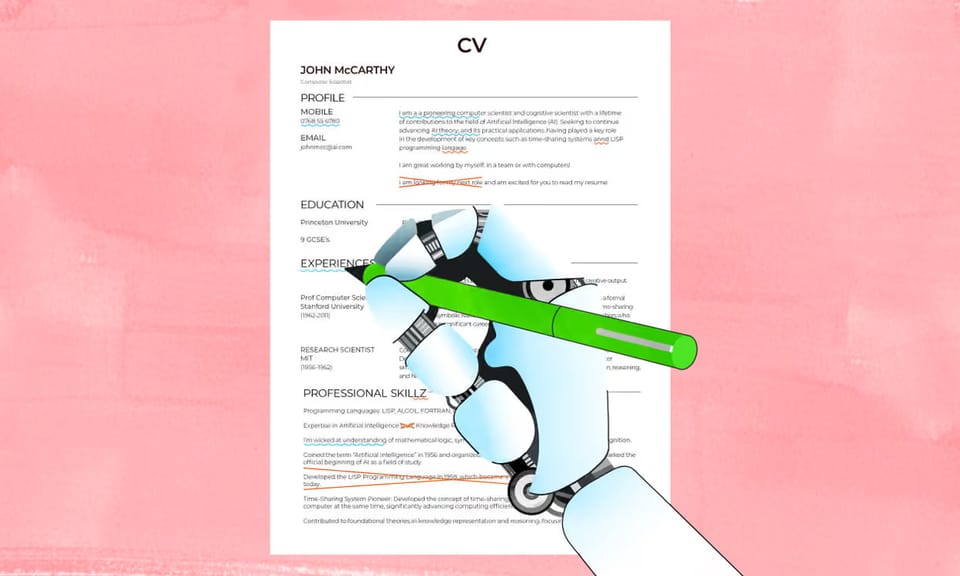Is The U.S. Rewriting Who Gets Citizenship In America?


Briefing: The Department of Justice (DOJ) and the Trump White House are prioritising efforts to take away U.S. citizenship from people who may have lied on their immigration paperwork or have committed certain crimes. A memo published on June 11 from the DOJ ordered government lawyers to aggressively start going after these cases.
Details: The new rule is focused on nearly 25 million people in the U.S. who legally became citizens through a formal process called naturalization. The government has made a list of 10 reasons why someone could lose their citizenship, like being involved in gang activity, war crimes, stealing money, or fraud, especially if they lied about it when applying for citizenship. These cases are handled in a civil court. The government doesn’t need much proof, and the person might not get a free lawyer. One recent case involved a man named Elliott Duke, a U.K.-born U.S. Army veteran who lost his citizenship after being convicted of child pornography crimes and had lied on his paperwork when applying for citizenship. A judge took his citizenship away earlier this month.
Why It Matters: This policy could change life for millions of naturalized citizens. Experts fear that this may create an uneven system because some citizens face a higher risk of losing their status compared to those born in the U.S. Since these cases are in civil court, the rules are looser, and that could make it easier to lose your status, even without strong proof and, many may not have the legal access they need to help defend themselves. This will also tear families apart, especially if a parent’s citizenship is revoked and their children’s legal status depends on them.
The DOJ is using AI tools like DHS ATLAS that have already scanned millions of naturalized citizens to flag potential people who may have their citizenship revoked. Experts have raised their concerns and warned that these systems can be biased and lack transparency. They are worried that it may not be fair and may also have errors.
*Disclaimer: The content in this newsletter is for informational purposes only. We do not provide medical, legal, investment, or professional advice. While we do our best to ensure accuracy, some details may evolve over time or be based on third-party sources. Always do your own research and consult professionals before making decisions based on what you read here.




